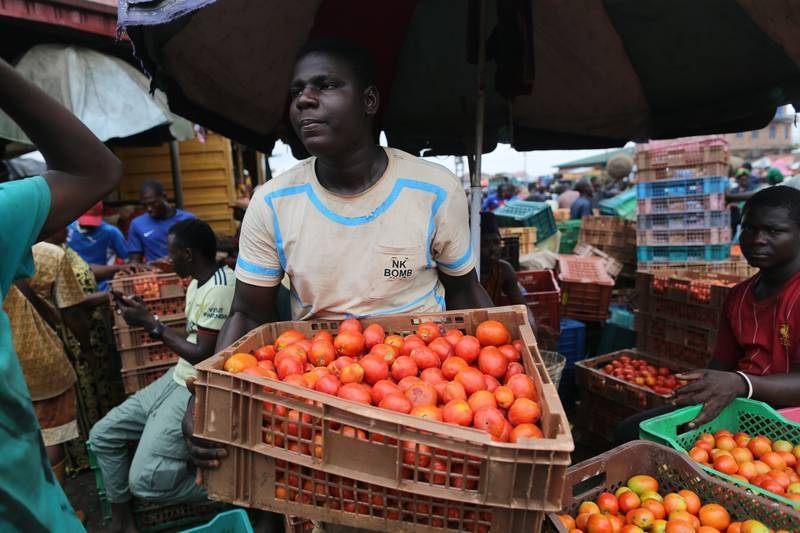Africa looks at indigenous crops to overcome food shortages

Collected Image
Africa is looking to indigenous crops to tackle a worsening food crisis after Russia’s invasion of Ukraine boosted the price of imported wheat.
Alternatives such as cassava, fonio and teff could help plug the gap, alongside increasing the output of hardier strains of wheat. But the transition will require more funding for research and marketing, plus the rollout of crops better suited to the continent, said Makhtar Diop, managing director of the International Finance Corporation.
“There are other cereals in Africa that have been in my view very much underused and things that we eat in our countries,” Mr Diop, a Senegalese national, told Bloomberg on the sidelines of last week’s Africa CEO Forum in Abidjan.
African food import bills have soared as global prices trade near a record high after Russia’s invasion sharply reduced Ukraine’s exports of grain. Food stress is expected to affect more than 60 million people in eastern and southern Africa by next month, with 43 million West Africans at risk from nutritional insecurity.
In Mali, Yolélé Foods — co-founded by New York-based Senegalese chef Pierre Thiam and Philip Teverow — is investing in a factory to process fonio, a protein-rich grain grown in West Africa.
The surge in wheat prices has highlighted “the folly of relying upon imported grain,” Mr Teverow said. “And the folly of not turning to crops that have been adapted over millennia to the climate and the soil of West Africa.”
In Nigeria, processors are producing more cassava starch and flour after collaborating with the International Institute of Tropical Agriculture, Ndidi Nwuneli, co-founder of Sahel Consulting Agriculture and Nutrition, said.
“I’m excited that our people are switching to locally sourced, high-quality, nutritious alternatives and that processors are also being compelled to look inward and see what can we find in our own backyard,” Ms Nwuneli said.
Alternatives such as cassava, fonio and teff could help plug the gap, alongside increasing the output of hardier strains of wheat. But the transition will require more funding for research and marketing, plus the rollout of crops better suited to the continent, said Makhtar Diop, managing director of the International Finance Corporation.
“There are other cereals in Africa that have been in my view very much underused and things that we eat in our countries,” Mr Diop, a Senegalese national, told Bloomberg on the sidelines of last week’s Africa CEO Forum in Abidjan.
African food import bills have soared as global prices trade near a record high after Russia’s invasion sharply reduced Ukraine’s exports of grain. Food stress is expected to affect more than 60 million people in eastern and southern Africa by next month, with 43 million West Africans at risk from nutritional insecurity.
In Mali, Yolélé Foods — co-founded by New York-based Senegalese chef Pierre Thiam and Philip Teverow — is investing in a factory to process fonio, a protein-rich grain grown in West Africa.
The surge in wheat prices has highlighted “the folly of relying upon imported grain,” Mr Teverow said. “And the folly of not turning to crops that have been adapted over millennia to the climate and the soil of West Africa.”
In Nigeria, processors are producing more cassava starch and flour after collaborating with the International Institute of Tropical Agriculture, Ndidi Nwuneli, co-founder of Sahel Consulting Agriculture and Nutrition, said.
“I’m excited that our people are switching to locally sourced, high-quality, nutritious alternatives and that processors are also being compelled to look inward and see what can we find in our own backyard,” Ms Nwuneli said.
Source: https://www.thenationalnews.com
Tags :
Previous Story
- Africa faces grain shortage and sharp rise in...
- Go to Africa partners with Dian Fossey Gorilla...
- In Africa, rescuing the languages that Western tech...
- Mena's quick-commerce market to be valued at $47bn...
- China eyes on building new naval bases in...
- Dhaka can explore CIS, other export markets: Stakeholders
- Explore new export markets, including Africa: experts
- Industrial Anti-Scaling Chemical Industry Size Current and Long...